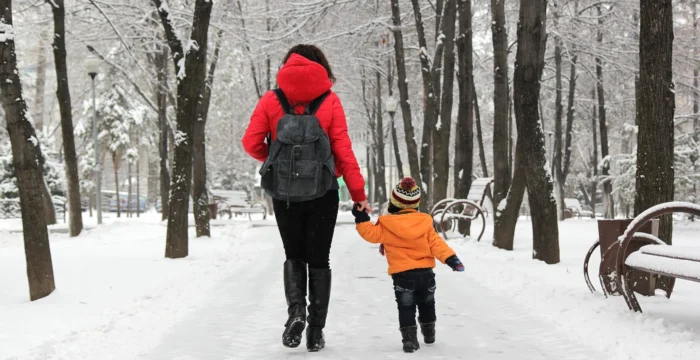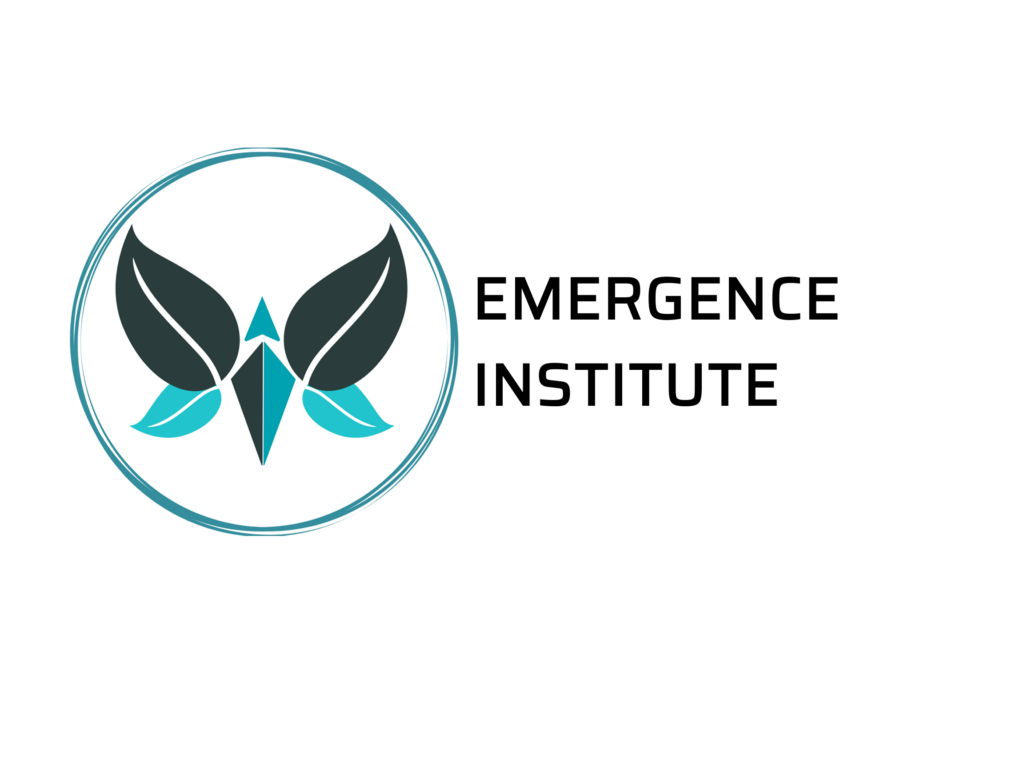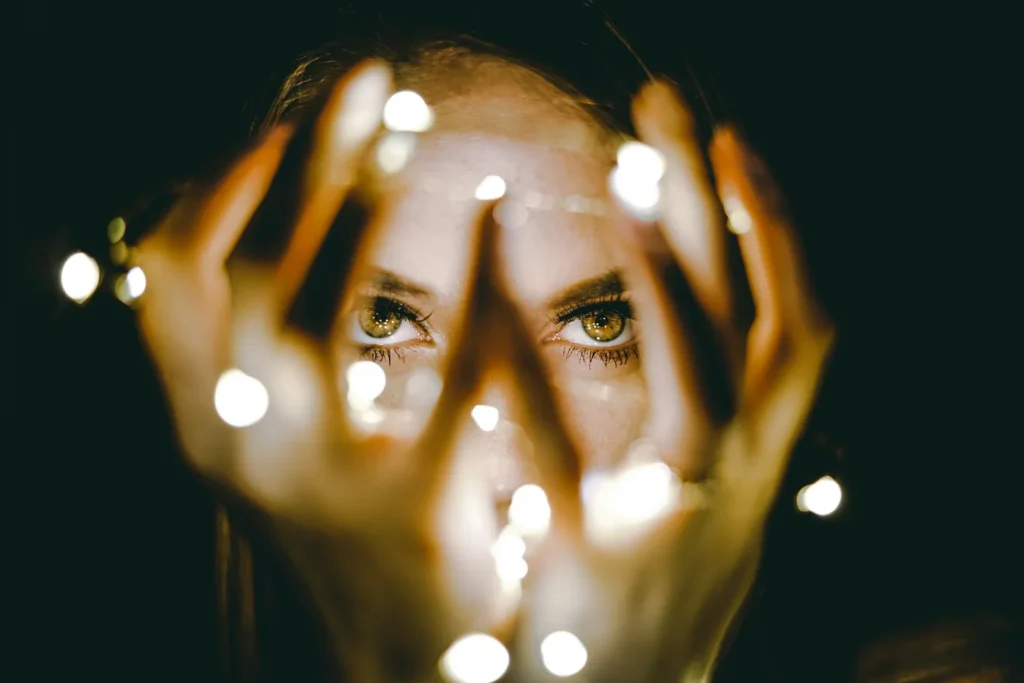What Mothers Know For Sure

“Love sometimes wants to do us a great favor: hold us upside down and shake all the nonsense out.” – Rumi
It was unusual to receive a phone call from my daughter at 3:35p on a Friday afternoon.
I was supposed to see her the next day, and thought maybe she was updating me on the details of her and her boyfriend’s visit from Silverton.
Instead…
“He’s been in an avalanche. I’ve been waiting for hours to hear. Silverton Rescue has been trying to get him off the mountain all afternoon.”
She paused. I could hear her shaky breath, feel the closed throat and almost see her eyes swollen from tears.
I waited for her to tell me more, as she and her sister hated it when I barraged them with questions.
“Mom, I’m scared,” she cried shakily, holding back her tears.
I responded slowly and carefully, to avoid agitating her any more than she was.
“I’m here, honey,” was all I could muster. And waited for her to tell me more.
“I don’t know much, except he’s alive and they’re bringing him down now. I think,” she said without a lot of confidence in the statement.
“I’m here, for whatever you need. You know that,” I assured her.
“Yea, I know. I’ll be coming down to Durango. They’re planning to put him on a chopper to Mercy, I think.” Again, not a lot of confidence, and I could hear the pain in her words.
I wanted to ask a million questions. To hear the details. To know the plan. To find out the 100 things I could do to support her. But I knew she didn’t have it in her to tell me.
“Just let me know what you need, sweetheart,” was all I could say, knowing that my very adult, very competent and capable daughter had already managed at least half of the details needed that would get her and her boyfriend through the next few hours.
Indeed, she’d already contacted many of her local Silverton friends to serve as back-up if needed, and had already strategized about how to be of support to her boyfriend, who would hopefully be alive and survive the transport from mountain to emergency room.
“If you could just watch the dog, and maybe pick us up some dinner.”
Mostly I wanted to be there with her, to give her hugs and hold her and her friends. To sit in the hospital waiting room and hear all the details as her boyfriend was received and prognostications given about the odds of his survival.
But I’d stay home and watch the dog, if that was what was needed.
How Does a Mother Transition When Her Children Do?
Letting your children grow up must be one of the most painful things I’ve ever had to do.
I thought if I loved them well, nurtured as best I could, tended their needs and saw to their developmental tasks that I might somehow escape the loneliness, isolation and sense of rejection that happens organically as your children become adults and individuate again.
F**k, was I wrong.
Maybe because I’d encouraged them to become themselves, at every stage, no matter what I imagined for them.
Or perhaps because they knew I loved them at all cost, literally and figuratively.
Probably because I gave them a sense of agency to be and say what was true to them, regardless of whether it was acceptable to others, including me.
Yep. I’d somehow managed to give my daughters permission to wholeheartedly live their lives as they choose, even if that meant that at some point I would be the one they moved away from.
And I can’t (won’t) do a damn thing about it, because I believe it’s their right to move at the pace of their own belief systems, not my expectations.
The True Significance of Individuation
I’d say motherhood has been far and away the greatest teaching experience of my life. There’s no escape from the lessons.
Having to adapt my understanding of who I am and what is needed of me to raise children and be there for my adult children has pushed me to the brink of self-negation over and over.
The “mother” identity I held onto at each stage has had to morph as fast as the growing child in front of me did.
Still does.
The process of individuation, or becoming ourselves more and more, means we count on others less and less for the parts of ourselves that we acknowledge and allow newly.
So as they’ve individuated from me, and from any societal constraints that were imposed upon them, so must I individuate from an old version of motherhood that won’t serve them any longer.
I certainly have mixed feelings about that. Sadness. Grief. Loneliness, when I allow myself to feel rejected or not loved. Acceptance. Gratitude. Spaciousness. Joy, when I recognize my adult daughters are capable and vital in their own lives.
And it’s only since I’ve integrated many of my own shadow Parts have I been capable of loving myself so fully that I didn’t need to count on them for the kind of love we hope for in our families, yet seldom receive.
As I grow up and clean up, I have fewer expectations of my adult children, which means I can be there for them in the ways they need. Now. Not what was needed when they were children.
Living into the Next Versions of Ourselves
This year I’m being offered the opportunity to spend Mother’s Day alone.
When my kids were small, it was actually a gift to be able to have a day to myself and experience self-care, solitude, quiet and to spend a day only and exactly as I wanted.
I remember my young children being shocked when they asked if they could do something special for me on Mother’s Day and I replied I just needed some time for myself.
A day alone, usually in nature, was the greatest reprieve I could imagine.
Now, spending so much time alone, I realize how my own need for healthy space created an uber-independence among my children. Yet, I too was individuating at my own pace.
There is never an end to the individuation we need to do in life, if we are to become true to ourselves.
To be legitimately me, the bona fide demarcated genuine veritable unmitigated me, I have to let go of everything that’s not me.
I have to be unhindered, though not unhinged, which often comes about when I’m forced into some fakery role or way of being.
So, as a result, I’m glad for my children to have the inner authority and sovereignty to make choices for their lives in ways that support their own needs. It’s new for me to say that and truly feel it in all my cells.
My eldest is caring for her boyfriend, who did survive the avalanche, andthey’re on the long road to recuperation. I am grateful for them to be alive, healthy and in support of each other, and that I’ll get to do whatever is needed when they make their way back home in the near future. And my youngest is doing what’s best for her, even as I am still learning to let go of a tangled closeness.
The Paradox of Separation
And the irony of individuation, of course, is that the more of ourselves we become, and the more capably we allow others to become themselves, the greater is the type of intimacy that’s available between us.
We can be more connected, and loved, when we are more distinct.
In much of my work with clients, we uncover their distinct core beliefs along the lines of not feeling loved or accepted if they didn’t show up as others expect of them.
This always stems from a phase in childhood when the child’s distinctions aren’t acceptable to a parent, and the child begins to repress those most innate and essential parts of themself.
Thus, they feel unloved unless they act according to what’s acceptable.
So the individuation that does eventually occur, even if it’s in adulthood, is required for the person to gain access and love all of themselves.
To separate from the forced conformity, and love and honor those lost parts is to ultimately become more available to self-love and love from others.
The more distinct we become, the more connected to ourselves we feel, and thus are more able to feel and receive love.
So maybe Happy Individuation Day to all of us.
Recent Blog Posts

About The Author
I’m the Author of the bestseller, The Golden Thread: Where to Find Purpose in the Stages of Your Life. Download this free audio course to learn about your own Golden Thread of purpose.
I am a purpose activator and catalyst. I warn people they shouldn’t be near me unless they want to become a new version of themselves. That scares some people, delights others.
I’ve spent my life imagining a world where we could all become who we’re meant to be, awake and alive in a way that allows us to express our most innate, natural and purposeful gifts. I’m the creator and dreamer behind the Purpose Flywheel™.
Stay tuned or contact me to get started now.




